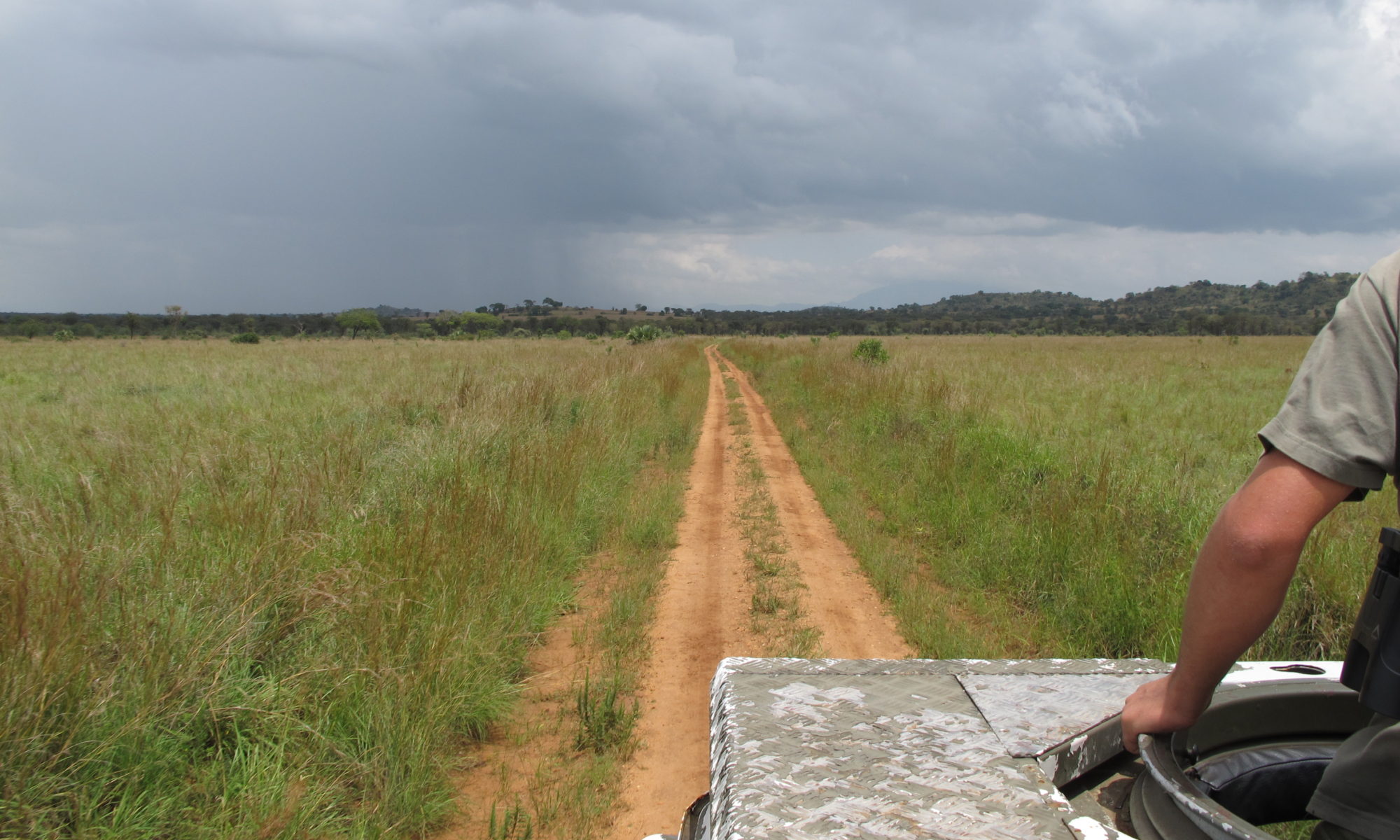The South African wildlife reserve Sabi Sand just announced that they are implementing a clever new approach to protecting their engangered rhino. They are injecting a poison into the horns of 100 rhino on their reserve. This doesn’t harm the animal but should reduce the demand for the horn, much of which is consumed in powder form as a dietary supplement. The hope is that the poison and the dye that advertises its presence will make consumers shun the horn thus treated. The treated horn will become nearly worthless, and the animal isn’t harmed.
As the industry expert Tom Milliken warns, this strategy can only work to shift poaching pressure to rhino populations that are not treated. Since the ranges doing this are also announcing it publicly, it is very easy for poachers to simply avoid them. This is great for Sabi, but makes absolutely no contribution to the bigger goal of species survival. At least 203 rhino have already been poached in South Africa this year.
Poisoning horns has a small advantage over removing them, another controversial approach: it doesn’t damage the animal’s immediate aesthetic value, which is the real goal for Sabi. Otherwise it has the same shortcomings that was seen with dehorning. Poachers still kill animals that they find without horns, both because they want to discourage the practice and because tracking a hornless animal is an costly waste of their effort. By eliminating hornless animals, poachers reduce the risk of repeating this. How can we expect a different outcome with the poisoned and dyed horns, when these may only be discovered after the horn is cut off?
The poisoning gets it half right. Unfortunately the meager remaining populations of all species are too small for half measures. The poisoning program could have a much greater impact on demand and more protective potential if it was applied randomly across the whole population and was made harder to detect. The aim should be to make all rhino poachers and consumers everywhere in the world worry that the horn they are dealing with might be poisoned.
The greater damage that many deserters have in war is not the intelligence that they betray, but rather the immediate infighting and lasting distrust that their discovery creates. Uncertainty multiplies the impact of the threat radically. A poisoning program that creates severe, unpredictable and unmanageable risk would be similarly leveraged.
As an added benefit, a global worry about poisoned horn would create a consumer preference for legally harvested over poached horn once regulated trade is legalized again. Legally farmed product would have marginally better safety guarantees, making it preferable out of pure, short-term self-interest. Without this differentiation, demand for all rhino horn is the same regardless of provenance since consumers evidently have no altruistic concern for the survival of the species.
